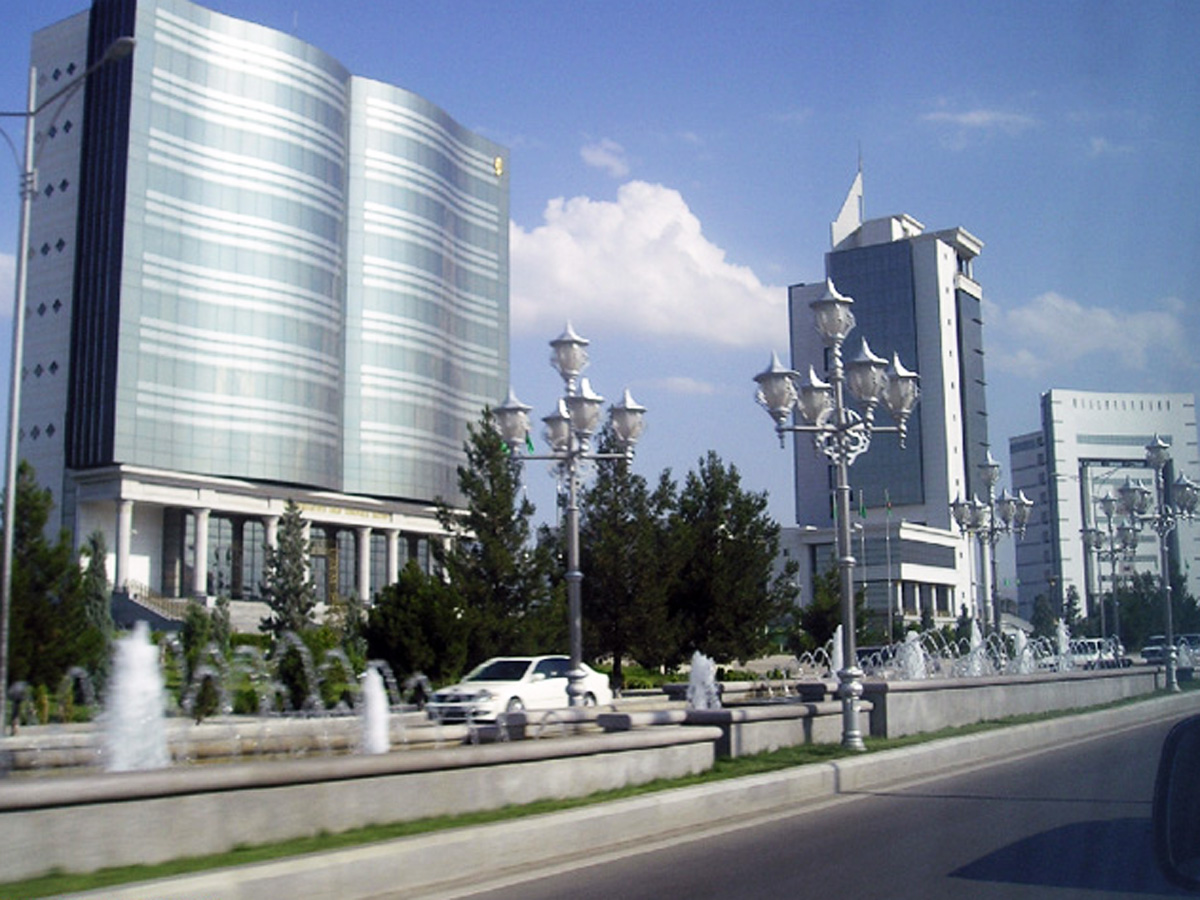Baku, Azerbaijan, Nov. 14
By Gulgiz Muradova – Trend:
Solutions to the economic challenges are often associated with big investments and with the right incentives this can be achieved.
Turkmenistan, a major natural gas producer, in a bid to stay strong at a time of persistently low hydrocarbon prices and difficult external environment, aims to attract investments through capital amnesty.
Reportedly, the country may draft legislative acts on amnesty of capital and property based on experience of foreign countries. Media notes that this issue was discussed at a government meeting chaired by President Gurbanguly Berdimuhamedov, while Deputy Prime Minister Gochmyrat Myradov presented a relevant report.
“This measure aims to attract additional financial resources to the national economy, as well as to preserve its further growth on an innovative basis, to create favorable conditions for the inflow of investments into the economic zones of the country,” says the report.
As the world practice shows, the state begins an amnesty of capitals for attracting additional funds into the budget and normalizing the business climate.
The Turkmen economy’s key sector is energy, mainly gas and oil, which reportedly account for over 30 percent of GDP. A decline in hydrocarbon revenues has forced the government to cut back on subsidies, social spending, and public infrastructure.
Russia’s halt on imports of its energy has effectively left Turkmenistan with China as the only buyer of its gas, further straining its economy due to a drop in hard currency revenue.
Reduced inflows into the Turkmen state budget have resulted in a devalued currency, wage arrears, and the cutting of subsidies. The government reportedly imposed currency controls as an anticrisis measure, which led to inflation and huge black-market trade in US dollars.
In 2016 the state budget deficit was small at 1¼ percent of GDP, but the current account deficit has widened to 21 percent of GDP. Turkmenistan also lost Russia as gas customer, which further tightened its revenues.
Ambitious plans have been put in place to increase natural gas production, build new pipelines, develop petrochemical industries, expand mining and processing of non-hydrocarbon natural resources, and support private sector development, which requires huge funds.
Experience shows that legalization of income in offshore companies is a key issue in attracting huge funds to a country, but those who decided to legalize their means and property need firm legal guarantees that the state will not have to face unpleasant questions about the origin of assets in the future.
Around the world, there are dozens of examples of capital amnesty with both successful and failed attempts.
One of the most successful amnesties in the world practice is the one in Italy, held in 2001-2002. The applicants were required to pay 2.5% of the declared value of the property or purchase securities in the amount of 12% of the value of the concealed property. Then the tax authorities issued special "certificates of confidential payment", stipulating exemption from filing a declaration, payment of tax debts and audit of funds received before legalization; liquidation of records of tax debts, penalties and fines for assets submitted for legalization; complete confidentiality of all asset transfers for tax authorities and other government agencies and others.
Simultaneously, the liability for violation of tax legislation was strengthened. Prior to the amnesty, the fine for concealing capital or property from taxation was 250-2000 euros, and after the capital amnesty the figure was brought to from 5 percent to 25 percent of the amount of undeclared funds plus confiscation of property for a commensurate amount. Results were spectacular as the tax authorities welcomed about 70 billion euros back into the fold.
The neighboring Kazakhstan held three such amnesties. In the course of the first legalization, the declared funds were not taxed, and all declarations on income and property of citizens from 1995 to 2000 were eliminated. For 30 days, about $480 million was legalized.
In 2006, the step covered property, primarily unregistered real estate. It was allowed to formalize the right to own it, paying the state 10 percent of its value. The total value of legalized property was about $5.3 billion, and legalized money - about $3 billion. Roughly 10 percent of Kazakhstan's population took part in legalization.
The third amnesty of capitals in Kazakhstan was held in 2014-2016. The country sought to return to the economy about $ 10-12 billion. As of October 2016, the country was able to return about 4.7 bilion tenge ($14 billion) to the state budget.
Georgia's experience in this matter was unsuccessful. The capital amnesty of 2005 attracted the attention of only eight people and capital in the amount of $35,000 instead of the expected $4 million, or less than 1% of the estimated amount.
In Russia, the capital amnesty has already been held several times, while the latest one was held in 2015-2016. Reportedly some 2,500 people benefited it as of June 30, 2016 the last day for the declaration.
For the successful capital amnesty, the main problem is not so much the fear of possible criminal or financial responsibility, but rather the uncertainty about the stability and security of capital in the country. Therefore, firstly it is necessary to convince investors of the availability of conditions for the effective further use of capital in Turkmenistan.
Therefore, to achieve this goal, large-scale preliminary work is needed in various fields. Otherwise, the amnesty of capital will only lead to the legalization of funds and the release from responsibility of persons who have committed large tax violations. The mechanism should be beneficial to all parties - then it will work.
---
Follow the author on Twitter:@GulgizD






